LEVERAGING LOCAL HISTORY - CREATING IMMEDIATE BRAND ACCESSIBILITY AND PERSONALITY
One of the challenges for any new business is the work to establish a meaningful connection with its potential customers. In some cases it makes sense to look no further than the surrounding community. Any business in a small community with a plan to offer crafted, specialty products should consider the value of area histroy. Research will always yeild opportunities to highlight and share details related to both known and unknown facts about the people and events that lead to the formation and personality of the area.
Names, locations, industry, infamous citizens, and even notable weather events can offer a fresh way for locals to experience their own history that naturally endears them to the business providing a new lens. Creating connections to a business by way of meaningful experiences is always a powerful brand-building strategy. The key is to inform the creative process with a fresh narrative that entwines story-telling and business strategy.
1766 BREWING COMPANY
New England is a region rich with significant and notable US history. This means that it would be difficult to find a town without any connection to the birth of the United States of America. Plymouth, NH is no exception.
As a primary strategy for developing a local craft beer brand, a direct connection to the community of Plymouth, NH made sense. The name of the brewery was taken from the first, recorded date of the town officials’ meeting. Research to support all the naming and brand story strategies was done by initially contacting the local historic society. Fortunately a book of Plymouth's history had been written and published providing the primary source for everything from the name of the business to 90% of the beer naming.
The color pallet is a direct reference to historic paint colors of the region used in much less traditional combinations with the goal of creating "awkwardness" with some colors paired with others in very non-traditional ways to offer a modern twist.
The visual style takes it's hints from a combination of hand drawn type, historic sign design and production methods, and references to the Industrial Age responsible for the hay-days of the Plymouth, NH area. These visual styles applied in a much more modern, irreverence in the for of overlapping text and graphic elements. The unique New Hampshire-specific craft mark is a direct reference from one of the first New Hampshire State crests featuring the two primary industries at the time; fishing and timber.
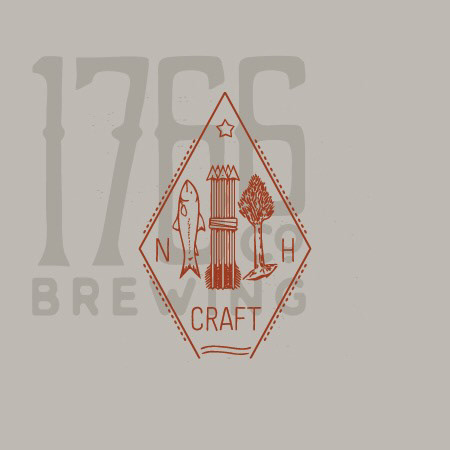
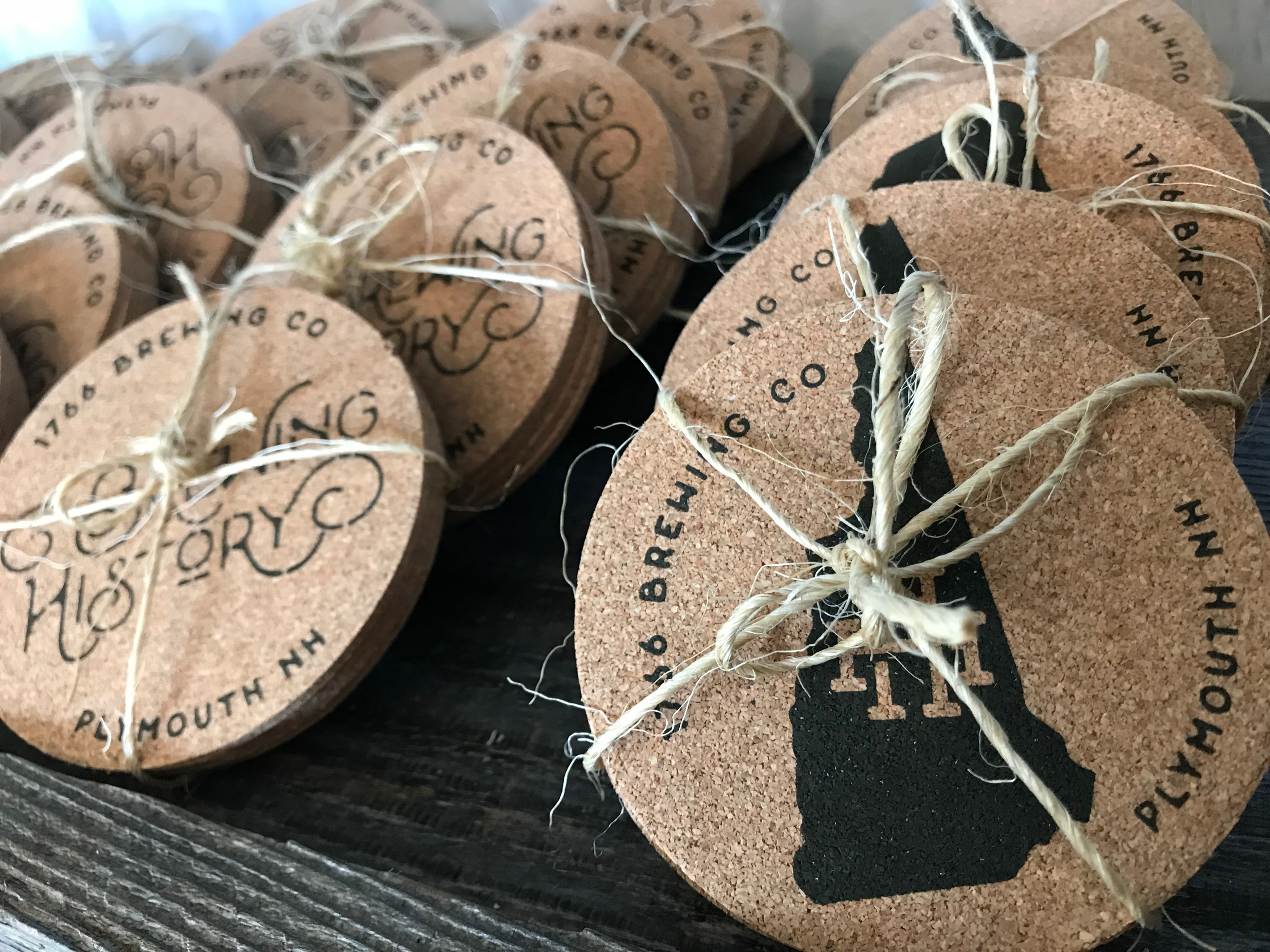
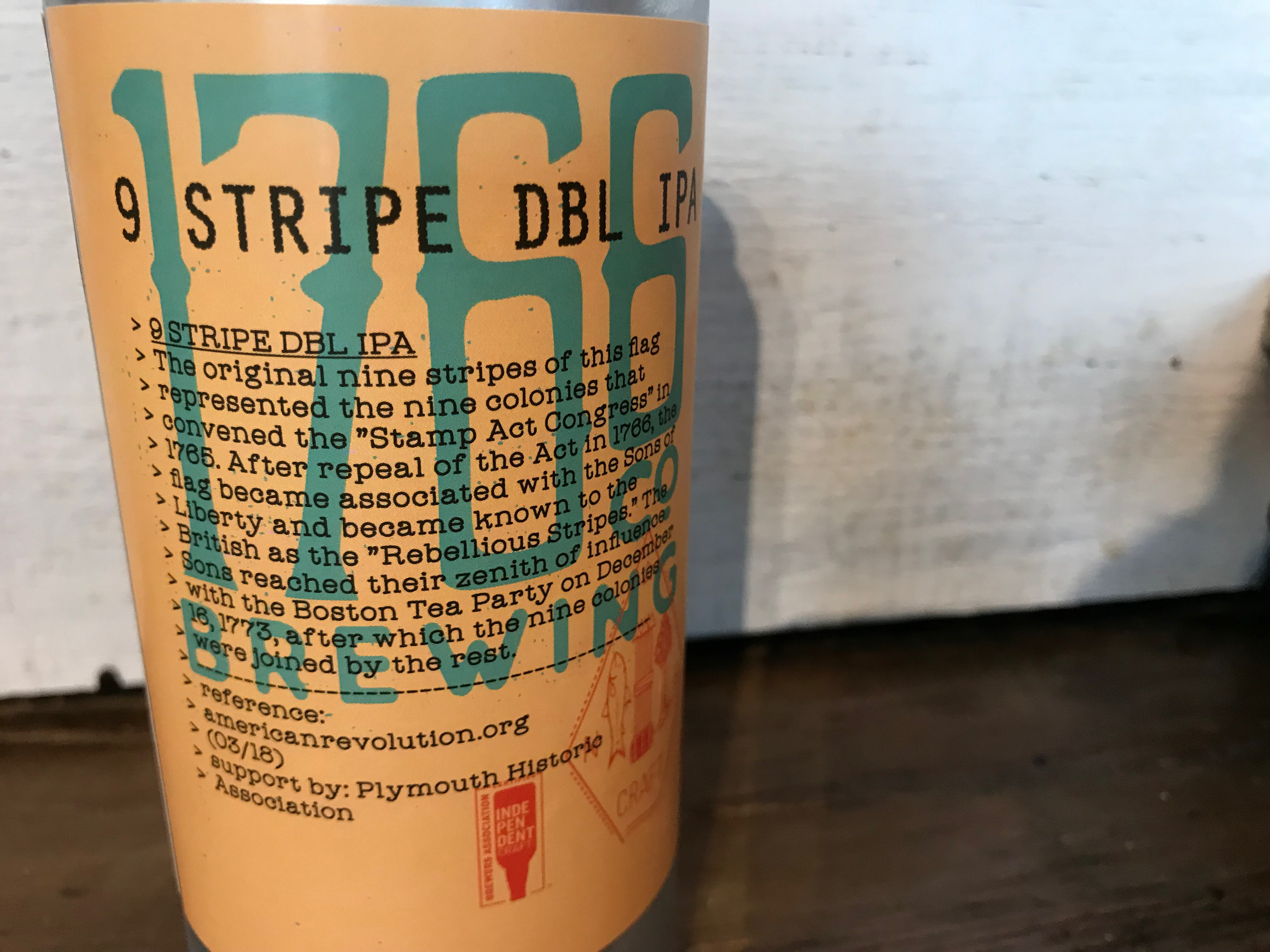
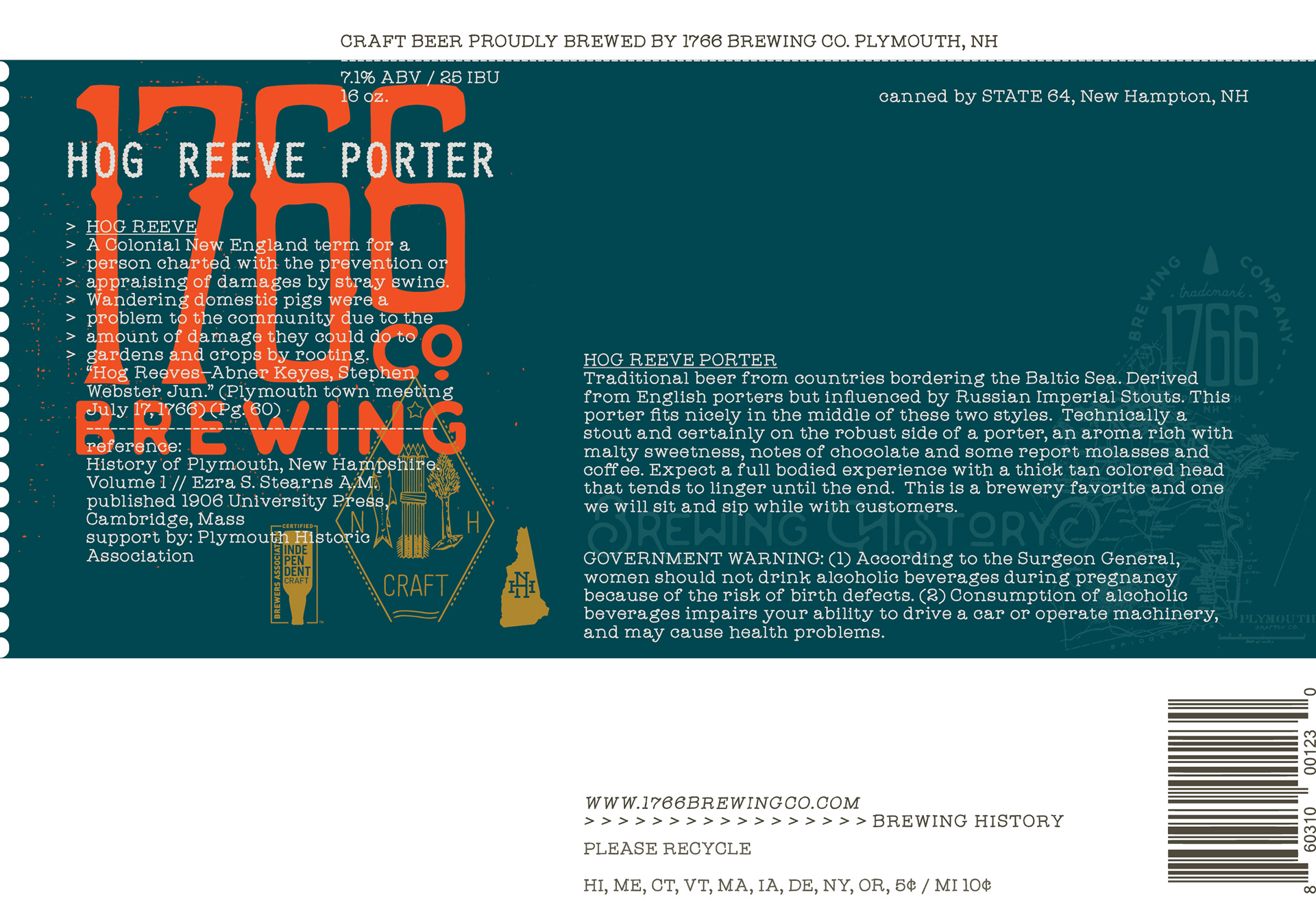
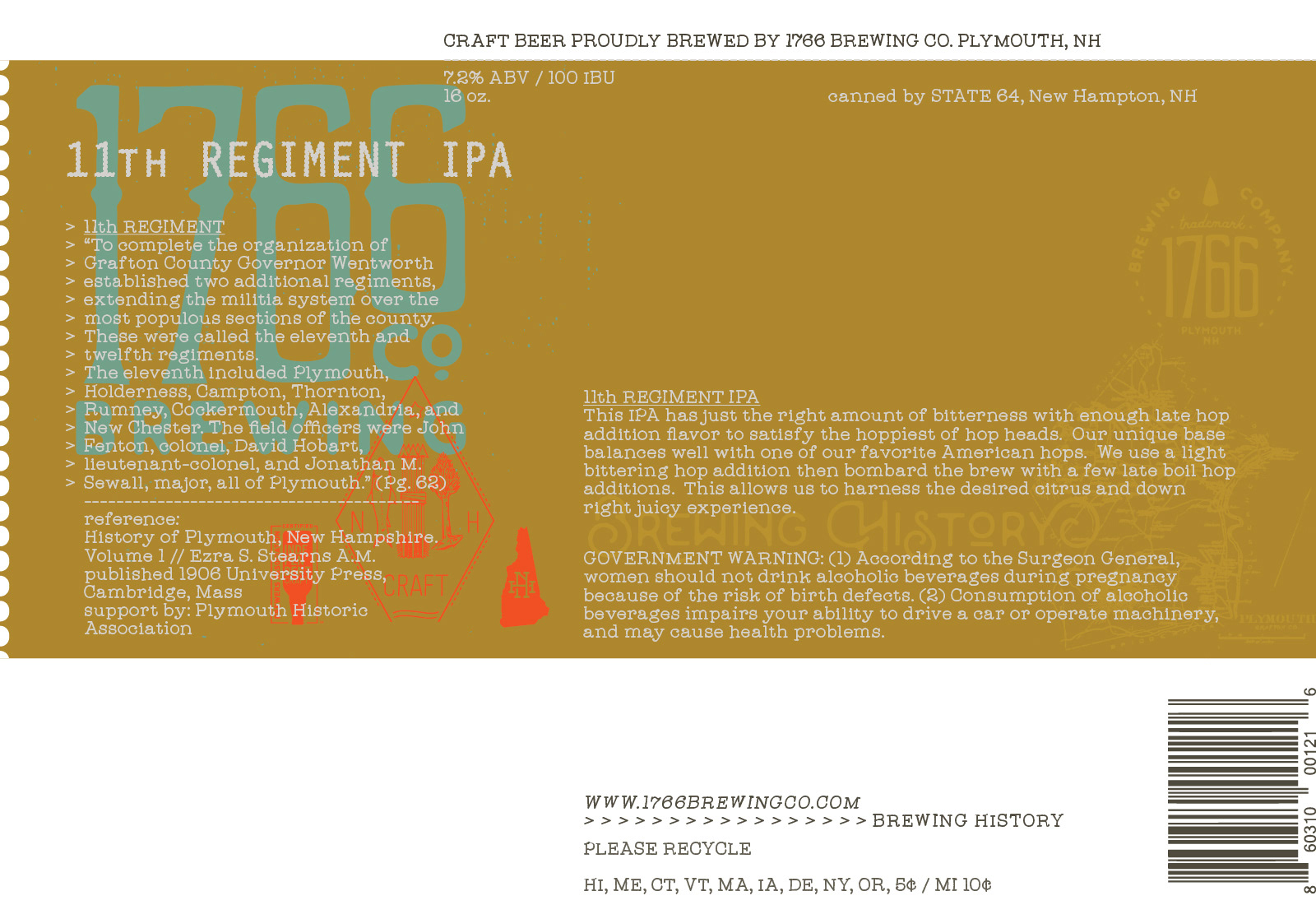
hog reeve porter
Hog Reeve: A Colonial New England term for a person charted with the prevention or appraising of damages by stray swine. Wandering domestic pigs were a problem to the community due to the amount of damage they could do to gardens and crops by rooting.
11th regiment ipa
11th Regiment: “To complete the organization of Grafton County Governor Wentworth established two additional regiments, extending the militia system over the most populous sections of the county. These were called the eleventh and twelfth regiments. The eleventh included Plymouth, Holderness, Campton, Thornton, Rumney, Cockermouth, Alexandria, and New Chester. The field officers were John Fenton, colonel, David Hobart, lieutenant-colonel, and Jonathan M. Sewall, major, all of Plymouth.”
freeholder pale ale
Freeholder: noun. 1. the owner of a freehold. 2. (in some U.S. counties) a registered voter who owns local property and has been a local resident for a specified length of time. “At a meeting of the Freeholders of the town of Plymouth, in said County, on Fryday, the 17th day of February. 1775: Voted, Mr. John Willoughby, Moderator. Voted, That the Honorable John Fenton, Esquire, represent this Town in General Assembly.”

